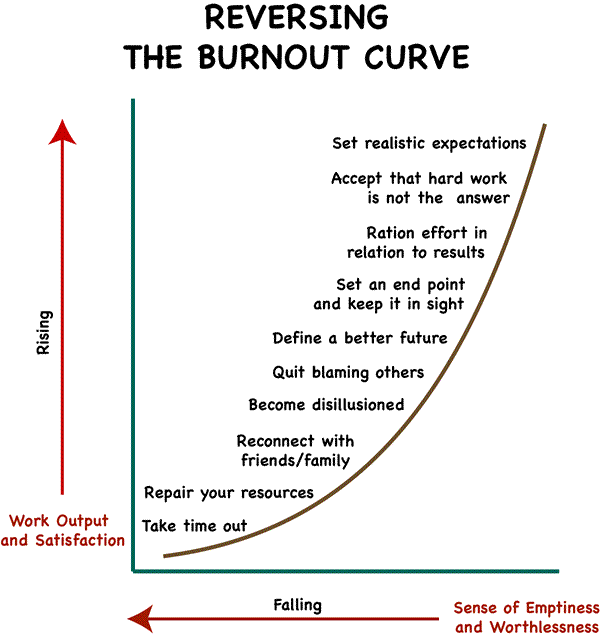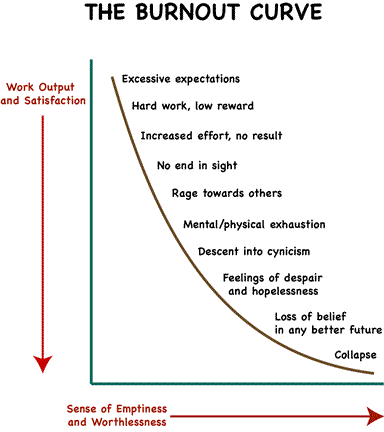Yet More Last Minute Holiday Gifts to Yourself
Today’s posting covers the last—but very far from the least—of the gifts you could give yourself at this time of year. The two earlier postings can be found here and here.
7. The gift of simply being who you are.
Most people live under a merciless tyranny: the tyranny of constantly needing to live up to someone’s expectations. Our own expectations can be bad enough, full of unrealistic dreams and unfulfilled hopes. But when you add two other sets of expectations—those of the people around us and those imposed by our society—the combined load can be crippling. Much of the unhappiness and frustration to be found in organizations is caused directly by people struggling with unrealizable expectations. With performance appraisal season coming up, now is a very good time to see all these demands for what they are: either attempts by your own ego to increase its status, or attempts by others to get what they want by using you to provide it for them.
Whatever the reason, most of us assume that we can influence events that are, in reality, due to blind chance. And that other people are far more concerned and interested in us that they truly are—which is, typically, scarcely at all.As if this load wasn’t bad enough on its own, we often add another: a willingness to accept responsibility for outcomes or events that are nothing to do with us. Maybe we all like to exaggerate our own importance. Maybe we need to feel some measure of control over our world. Whatever the reason, most of us assume that we can influence events that are, in reality, due to blind chance. And that other people are far more concerned and interested in us that they truly are—which is, typically, scarcely at all.
The antidote is simple: accept yourself for who and what you are. Take some time to look carefully at events, distinguishing where you can truly influence the outcome, and where nothing will change, whatever you do. Don’t take on additional burdens of guilt or responsibility for what you cannot affect. If other people try to hand you responsibility for something that is outside your control, politely hand it back.
We are conditioned by our society to value achievement. That is no bad thing in itself, but it very easily loses its moorings in reality. When that happens, you are no longer able to see when enough is enough.
Burnout, work-relayed stress, workaholism, and a slew of mental and physical miseries associated with stress and overwork, all stem from the failure to let go before harm is done.That’s the real reason behind all the corporate scandals. Those greedy executives and obsessed Wall Street analysts had lost all grasp of reality. They could no longer understand that enough was enough, so they drove themselves onward, finally resorting to criminal acts in a frenzy to achieve still more. Many sports people injure themselves for the same reason. Climbers and other devotees of extreme sports kill themselves when they fail to accept that simple truth. Burnout, work-relayed stress, workaholism, and a slew of mental and physical miseries associated with stress and overwork, all stem from the failure to let go before harm is done.
When is enough enough?
- When you have done your best and can do no more without personal injury, breeching the bounds of ethics, harming others, or resorting to illegal activities.
- When it is clear that a hope, a dream, an expectation, or a vision is not going to happen.
- When some plan is not working now, and will not work in the future, without doing harm to others, lying, cheating, or fiddling the figures.
- When the cost of some enterprise, in terms of hours worked, people harmed, relationships ruined, or principles and values compromised, exceeds any possible benefit in anything but monetary terms.
- When continuing in the same direction will destroy any civilized standards of workplace action.
- When the only outcome is more money, more status, more power, or more responsibility—and you cannot spend the money, wield the power, handle the status and responsibility, or live your life, without destroying who you are and the values you want to live by.
Self-acceptance is the beginning of freedom from unnecessary care and anxiety. You have enough real cares in your life to absorb all your time and energy. Don’t add still more that you neither need nor can handle.
8. The courage to let go.
Everyone, at some time, clings to things they they would be far better advised to let go: past hurts and slights, emotions that no longer serve any useful purpose, relationships that are dead, hopes that will never be fulfilled.
Let them all go. Take a deep breath—and move on. And never look back.
We live in a consumer society where marketing is a daily pressure. All those marketers and advertisers have a single goal: to make you believe that you are incomplete unless to buy whatever it is they want you to purchase. Sadly, many of us are suckers for this message. That’s why people fight to obtain the latest fashion in Christmas gifts; and max out their credit cards in a vain belief that this purchase will be the one that brings them happiness and fulfillment.
. . . decades of social conditioning will cause you to feel unsatisfied unless you have achieved whatever is the current “standard” of wealth, status, and organization position deemed appropriate to your age and qualifications—if you play the game and allow this to happen.We’ve become so used to the process that we no longer notice how all-pervasive it is. Religious groups market their beliefs by suggesting our lives are incomplete and empty without accepting their message. Political and pressure groups push the idea that those who do no share their ideologies are somehow less than fully human. And decades of social conditioning will cause you to feel unsatisfied unless you have achieved whatever is the current “standard” of wealth, status, and organization position deemed appropriate to your age and qualifications—if you play the game and allow this to happen.
Let it go. It’s your life. You should be free to choose your own goals, standards, and aspirations. If you allow others to force their ideas on to you, or sell them to you as panaceas for a good life, they will drive you mad.
Let it all go. Take a deep breath. Be yourself.
If that is the only gift you give yourself this year, it will be more valuable than anything money could buy.
Happy Holidays!








